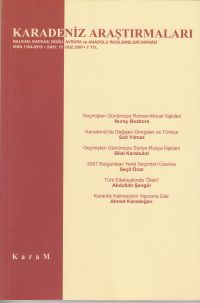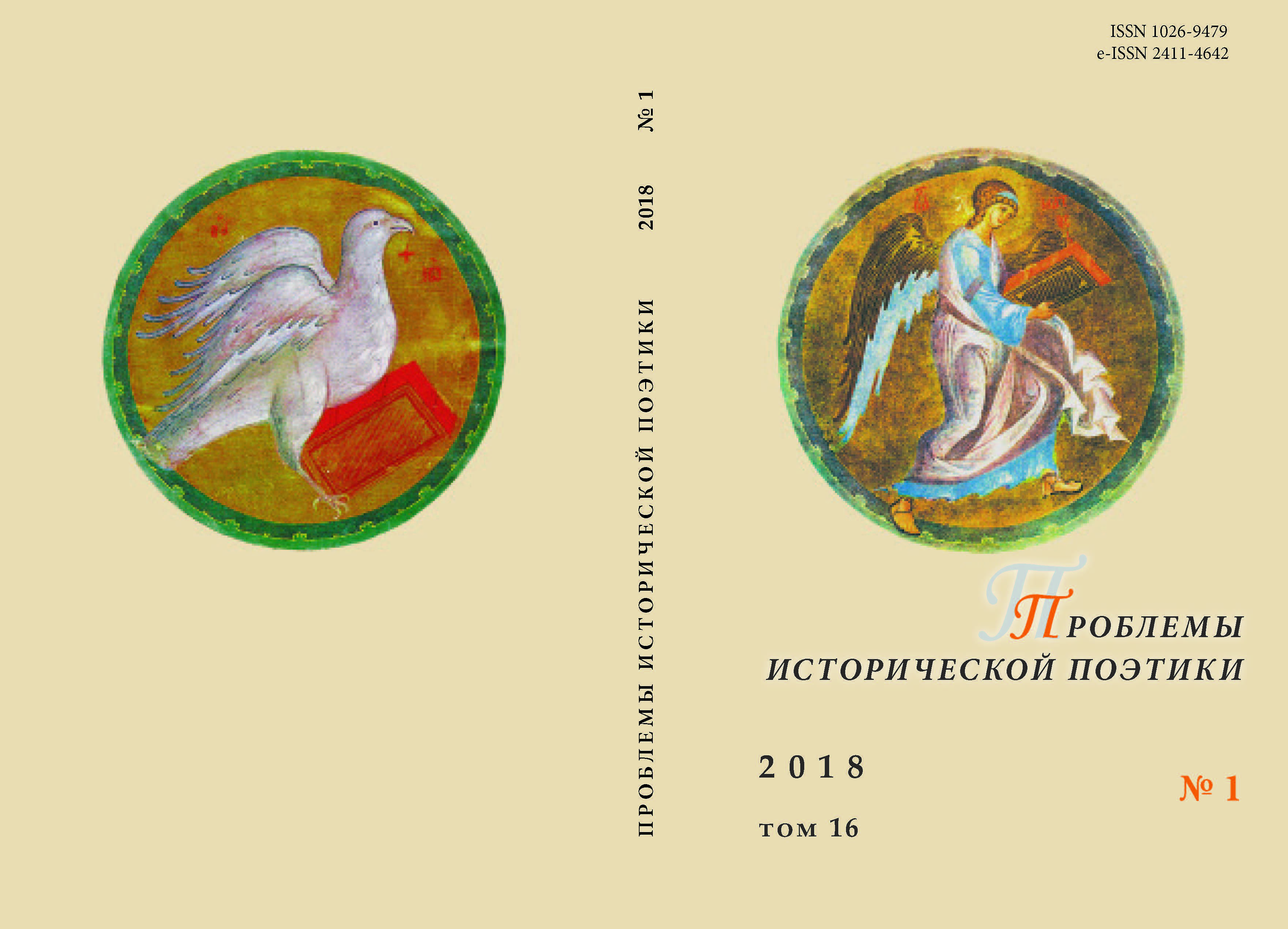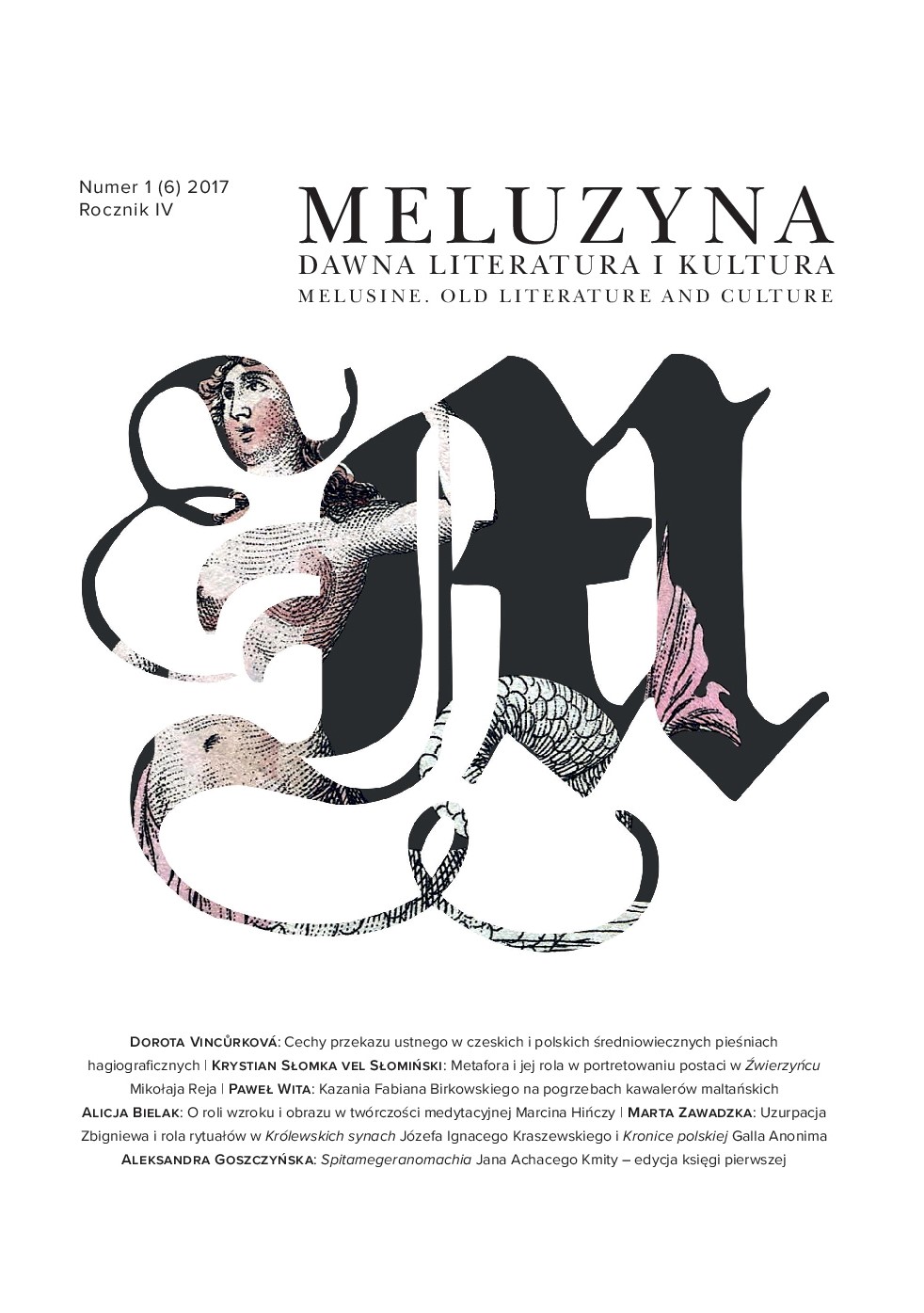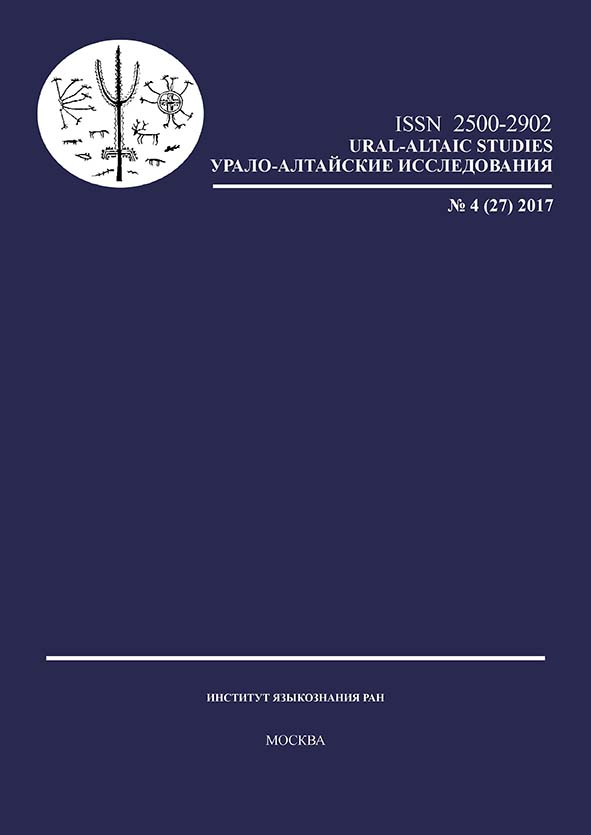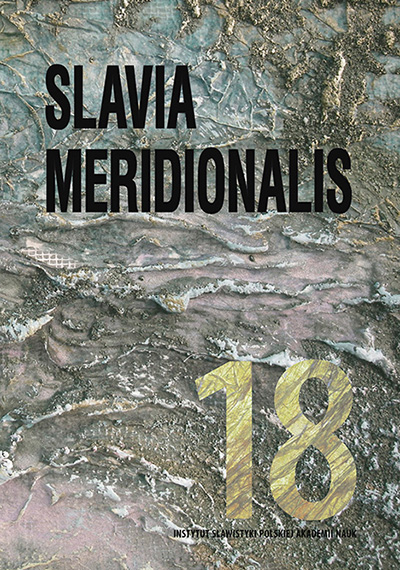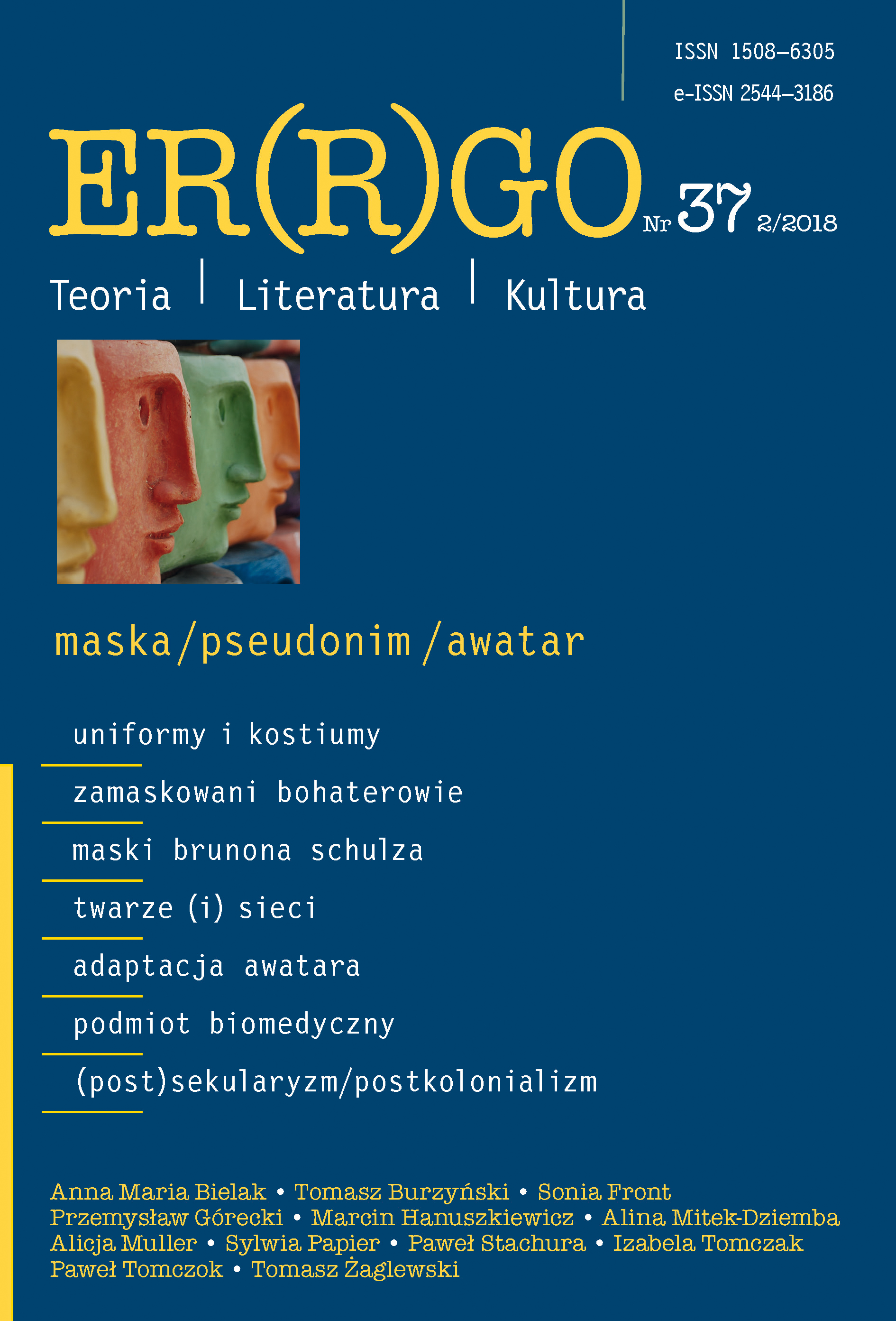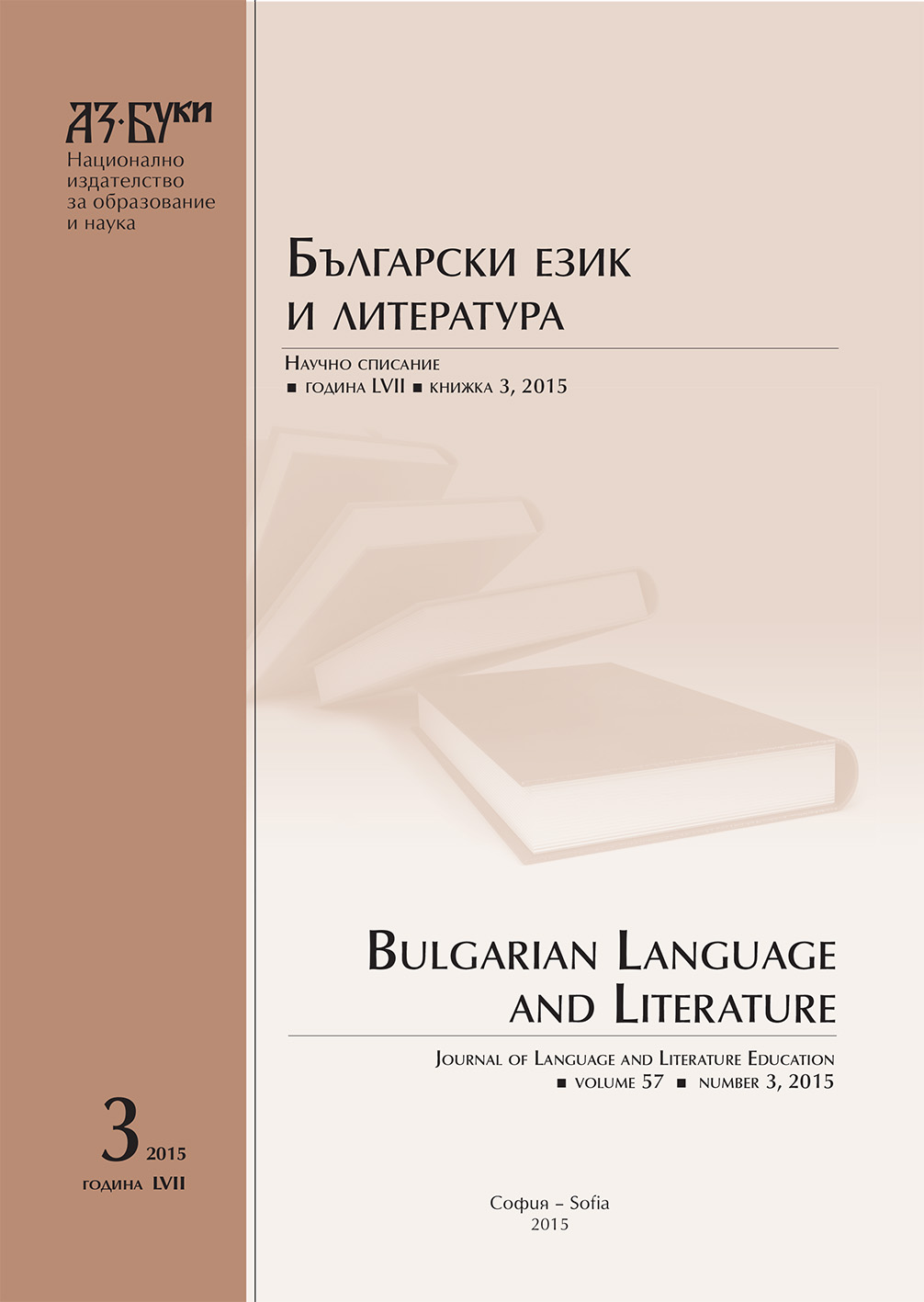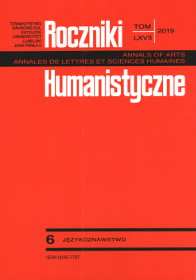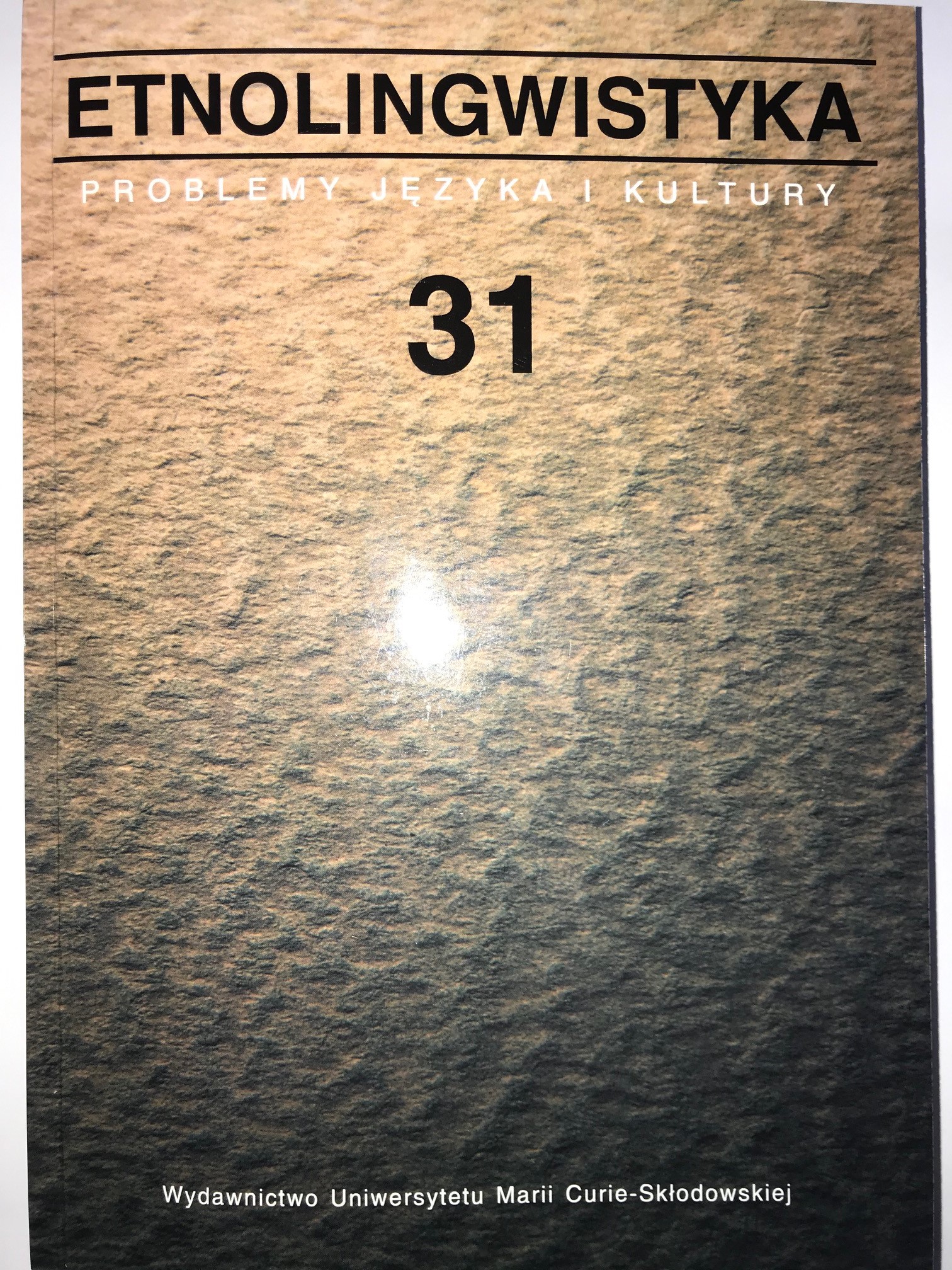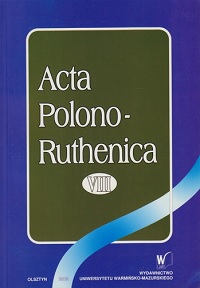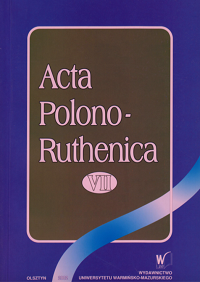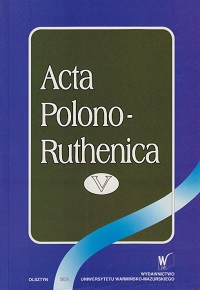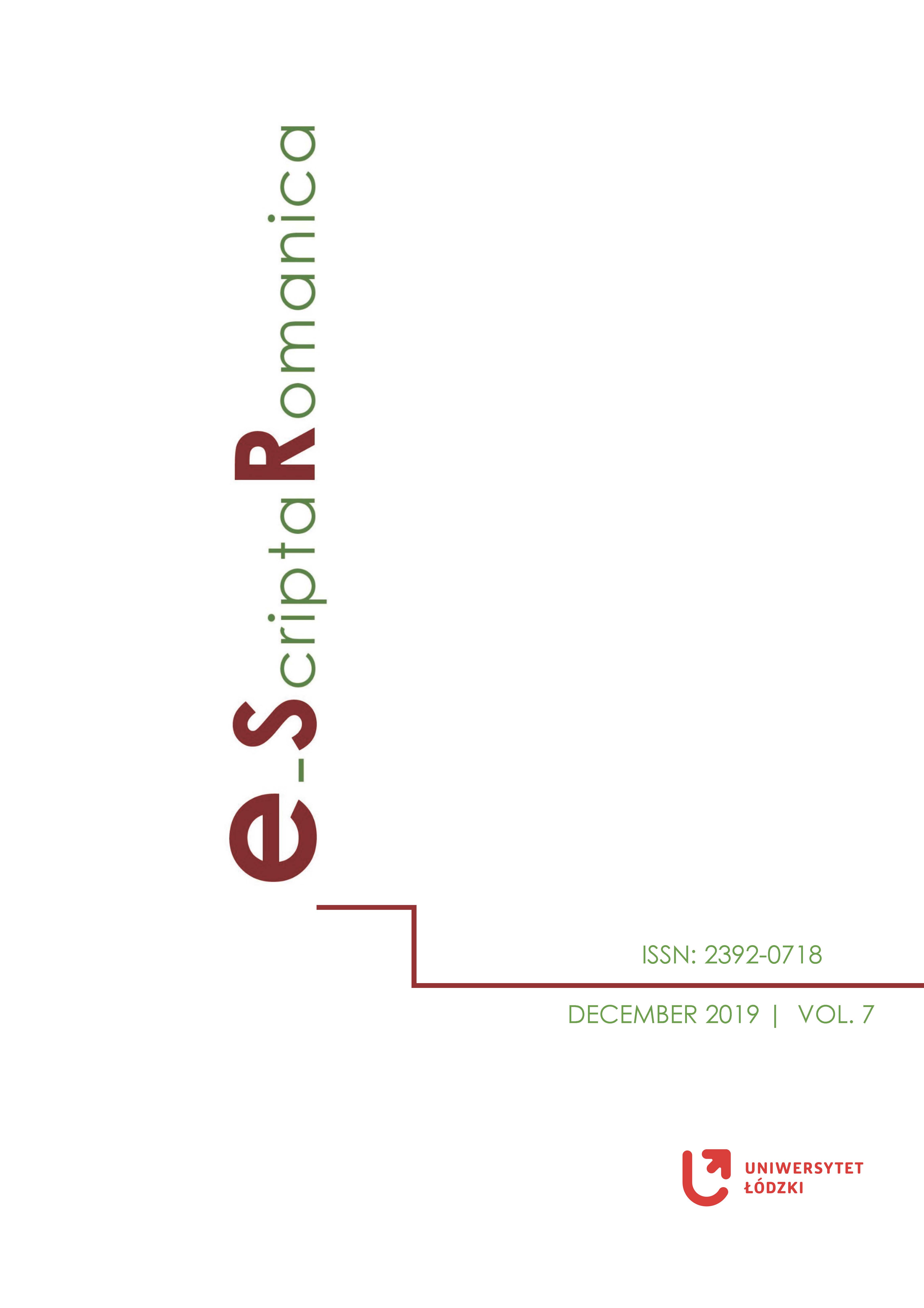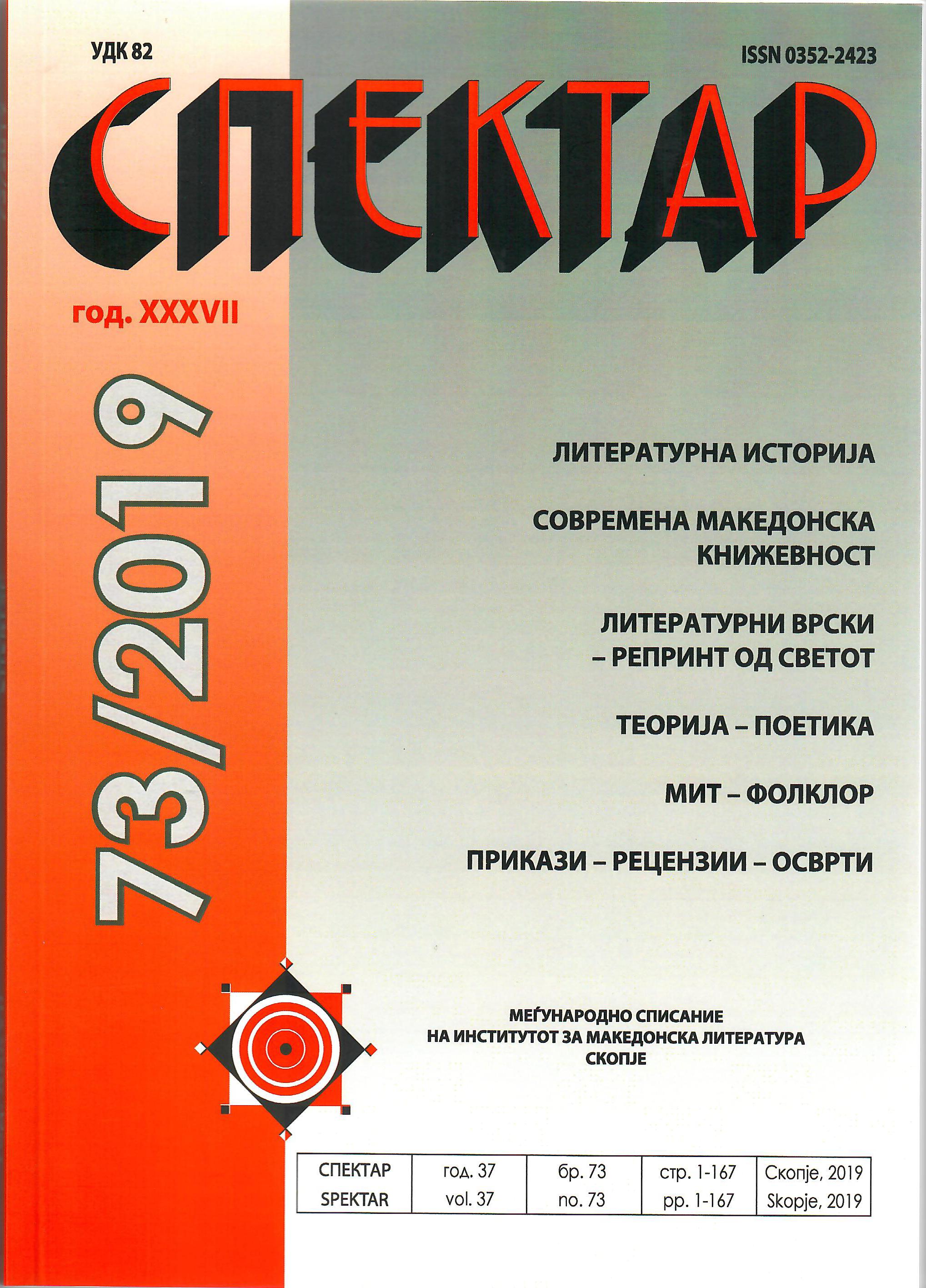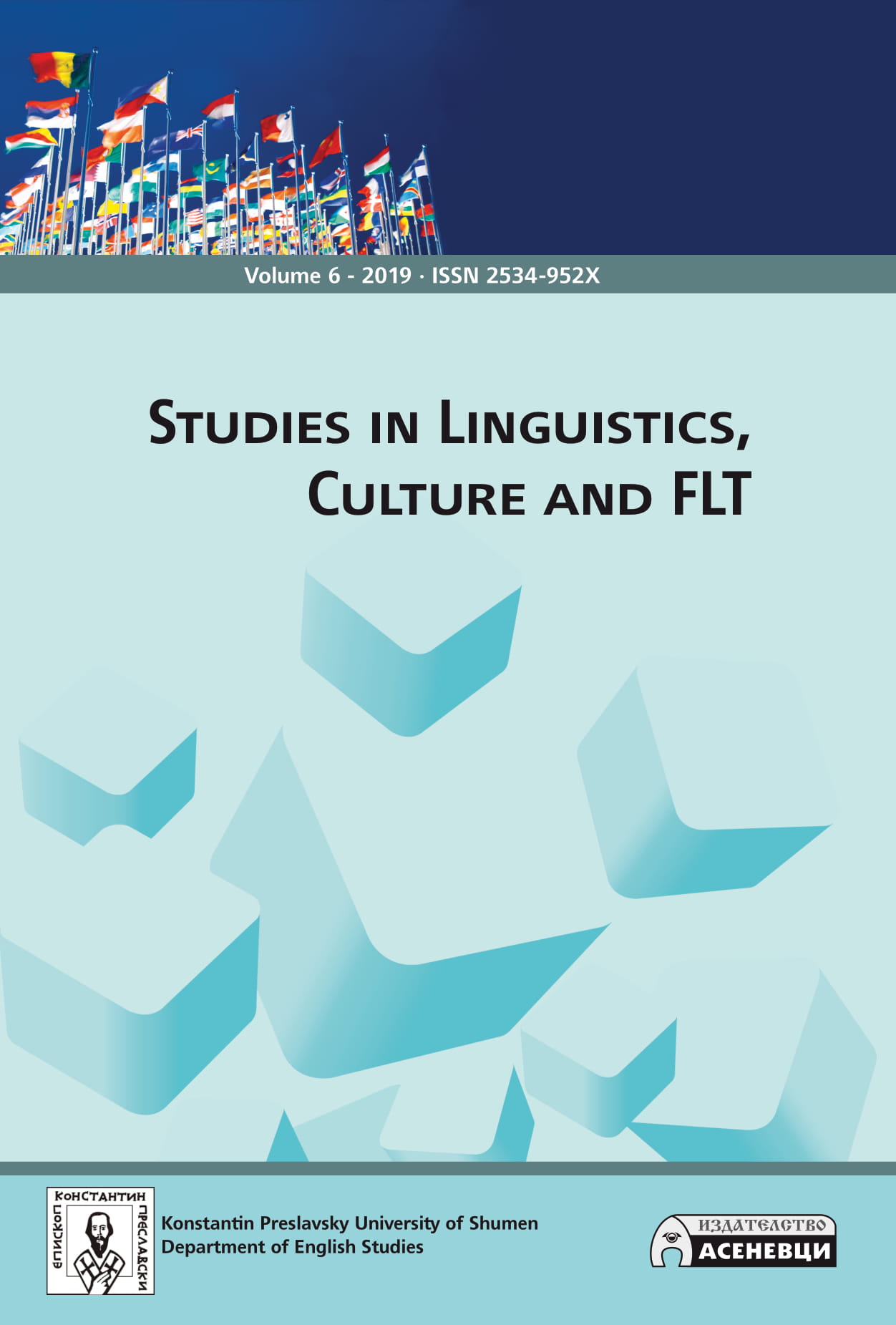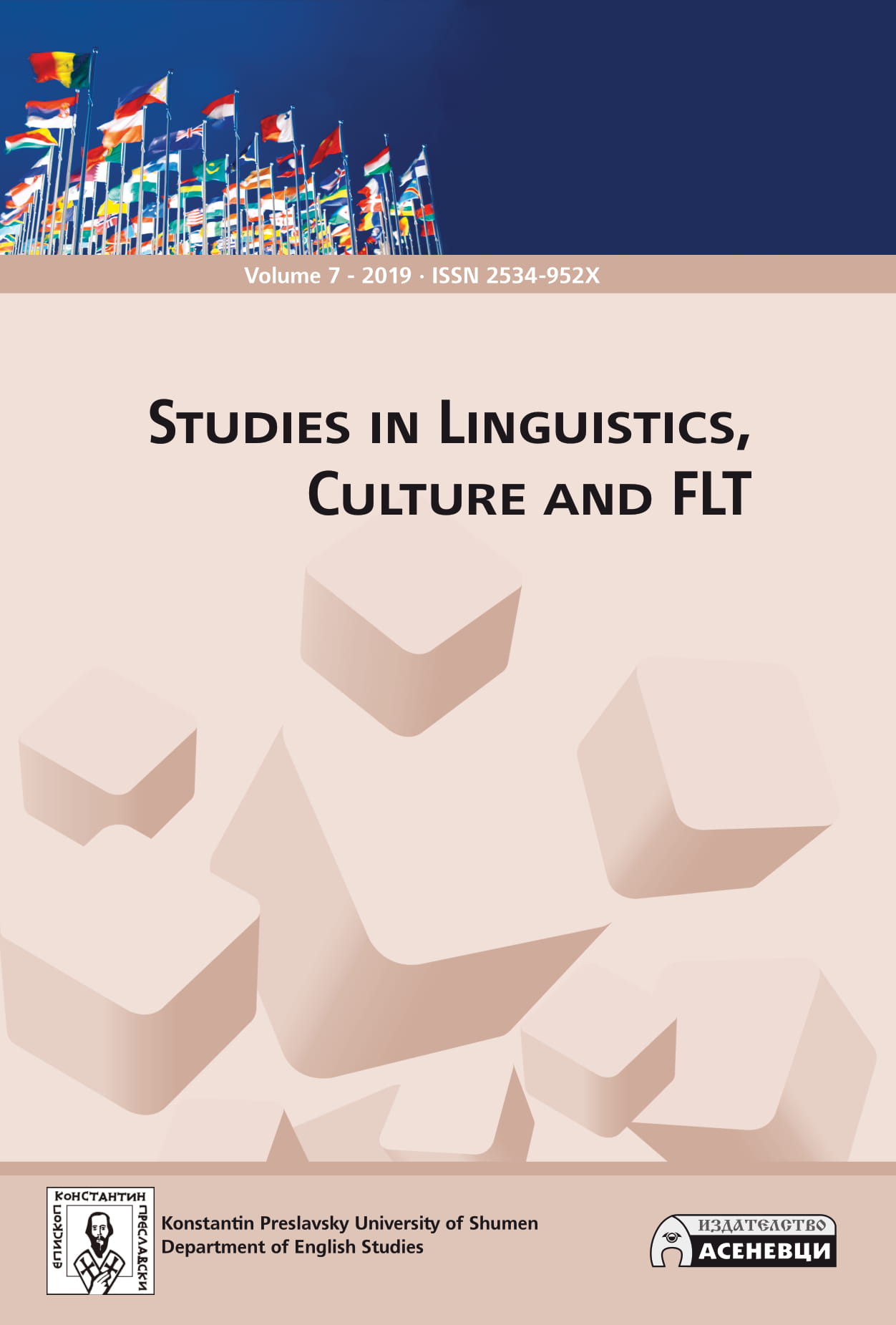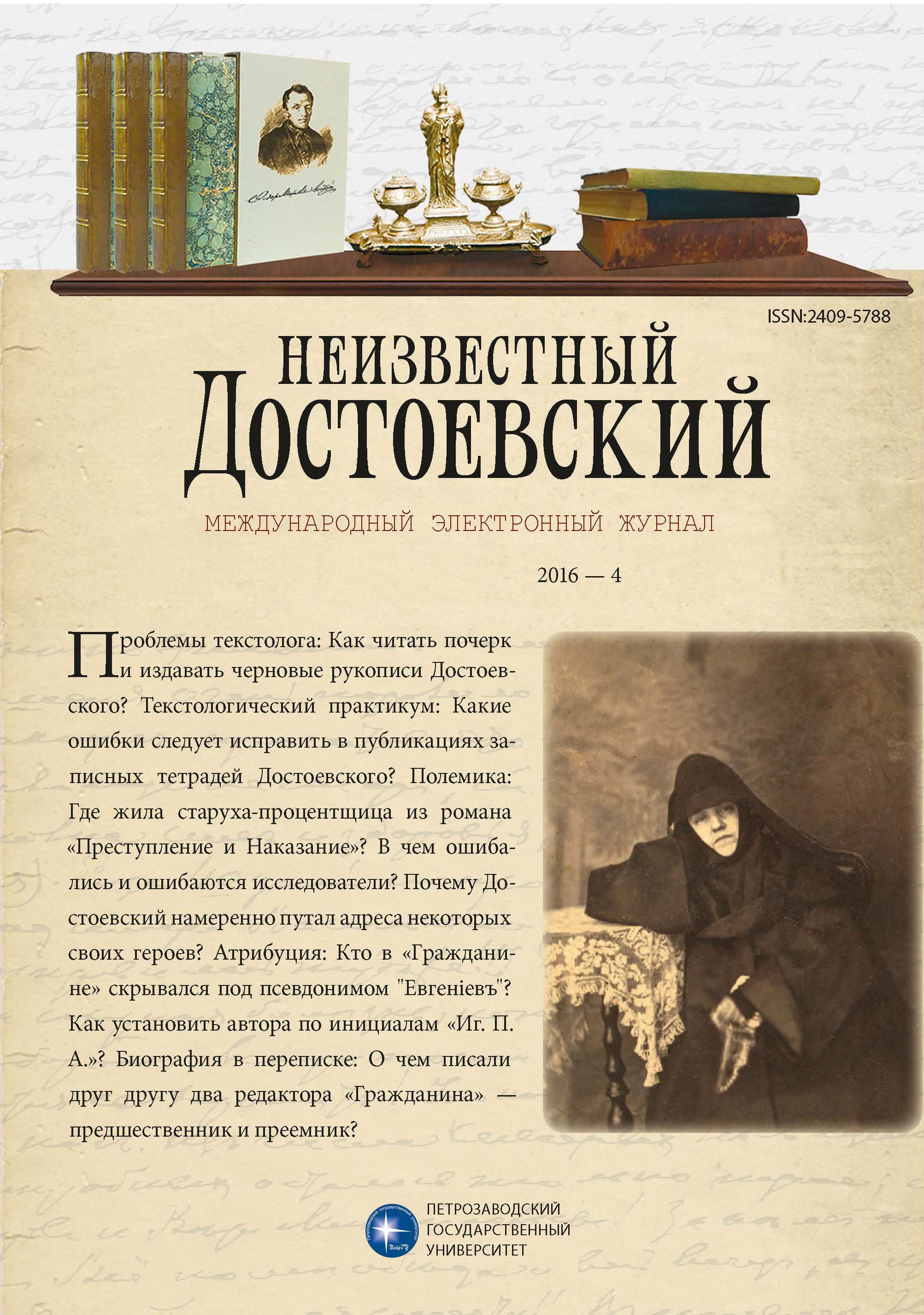
Духовная поэтесса "Иг. П. А.": Атрибуция письма одной неизвестной корреспондентки Достоевского
Most of Dostoevsky’s correspondence belongs to the period of 1872–1880, when thanks to A. G. Dostoevskaya the formation of the writer’s archive began. Without wishing to make it public, some of the readers did not sign their letters or concealed their names by cryptonyms, putting their authentic or feigned initials. For this reason, researchers still have not identified the authors of most of the anonymous and pseudonymous letters to Dostoevsky. This article is devoted to attribution of the letter of a correspondent of Dostoyevsky, signed by cryptonym "Ig. P. A." Having carried out a textual and graphological analysis of the manuscript of an unidentified person, examined documentary, biographical, literary and historical materials, the author found out that the letter belongs to abbess Parthenia (Adabash), who was the mother superior of the Holy Ascension Florovsky Nunnery in Kiev in 1865–1881. She is the author of spiritual poems, published under the cryptonym "I. P. A." as a separate book in 1875. On January 23, 1876, she wrote a letter to Dostoevsky, and enclosed some brochures of her book. As it ensues from this letter in her first letter to Dostoevsky, she sent him a manuscript of her poems, to which there was the writer’s answer with his assessment of her poetry. These two letters are no longer extant, or can’t be found. It is necessary to look for them in papers of abbess Parthenia, kept in the archives of Kiev.
More...
